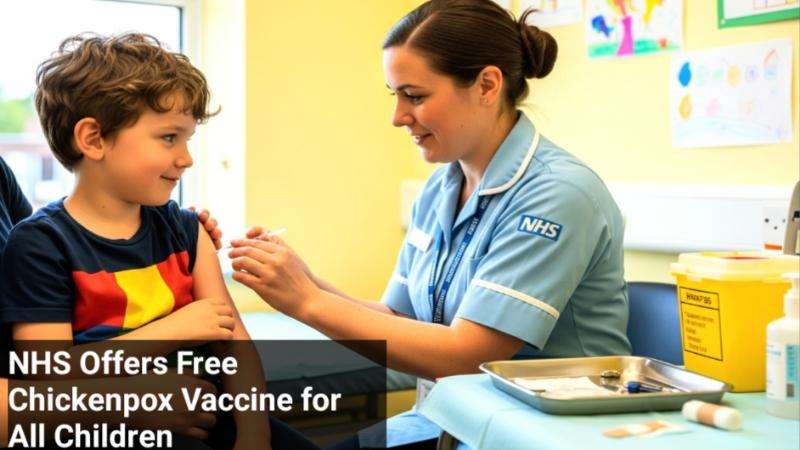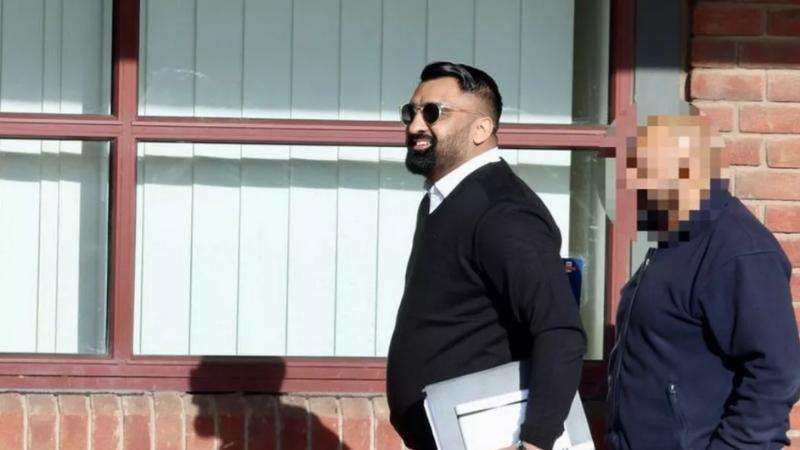Major Boost to Child Health as Free Chickenpox Vaccine Arrives in 2026-In a landmark decision, the UK government is set to launch a new program in January 2026 to provide a free chickenpox vaccination to approximately 500,000 children annually through the National Health Service (NHS). This marks the first time a vaccine for varicella—the virus that causes chickenpox—is being added to the routine childhood immunisation schedule. The new vaccine, a combined MMRV (measles, mumps, rubella, and varicella) jab, will be administered during routine GP appointments, eventually replacing the current MMR vaccine, Daily Dazzling Dawn understands.
The decision is based on expert advice from the Joint Committee on Vaccination and Immunisation (JCVI), which highlighted the significant health and economic benefits of widespread vaccination. While often considered a mild childhood illness, chickenpox can lead to serious complications such as bacterial infections (including Strep A), pneumonia, and inflammation of the brain and lungs, which can require hospitalisation. The free vaccine aims to prevent these severe cases, protecting vulnerable children and reducing the strain on the NHS.
Beyond health benefits, the move is expected to have a significant economic impact. Research shows that chickenpox leads to an estimated £24 million in lost income and productivity each year as parents take time off work to care for sick children. By keeping children healthy and in school, the new vaccination program will help to reduce these disruptions, offering direct support to working families.
The MMRV vaccine, which has been used safely in other countries for years, is a single jab that will be given in two doses. This will provide around 98% protection in children and is expected to have a good safety record. Common side effects are generally mild, including redness, swelling, and soreness at the injection site, as well as a potential mild fever or a chickenpox-like rash. However, serious side effects are extremely rare.
The introduction of the chickenpox vaccine is part of broader updates to the NHS childhood immunisation schedule. These changes include an earlier second dose for the meningitis B vaccine and a new 18-month appointment to bring forward the second MMR dose. These updates reflect the government's commitment to ensuring every child has the best possible start in life and underscore the UK's ongoing efforts to create the healthiest generation of children ever. 💉








.svg)



